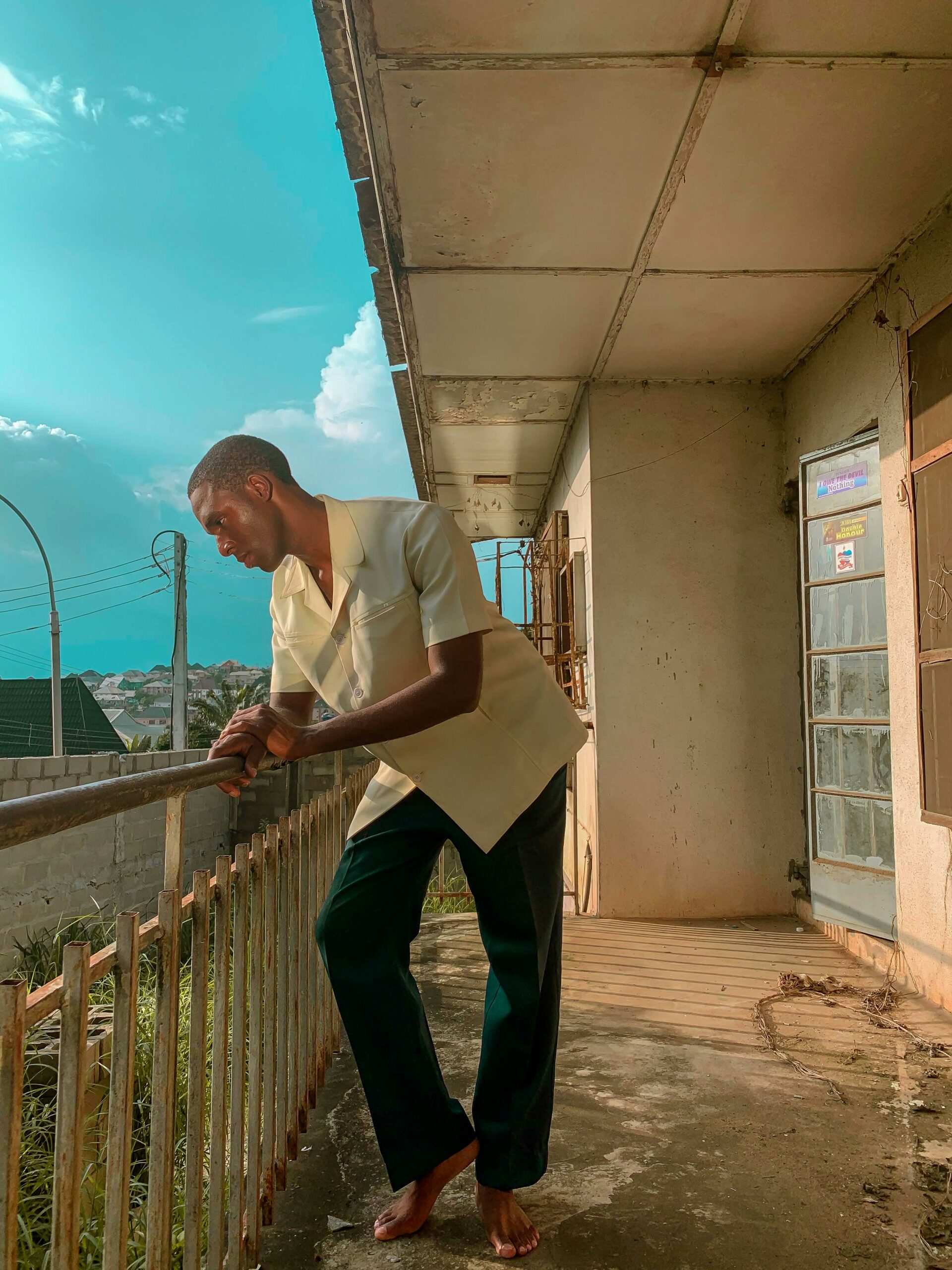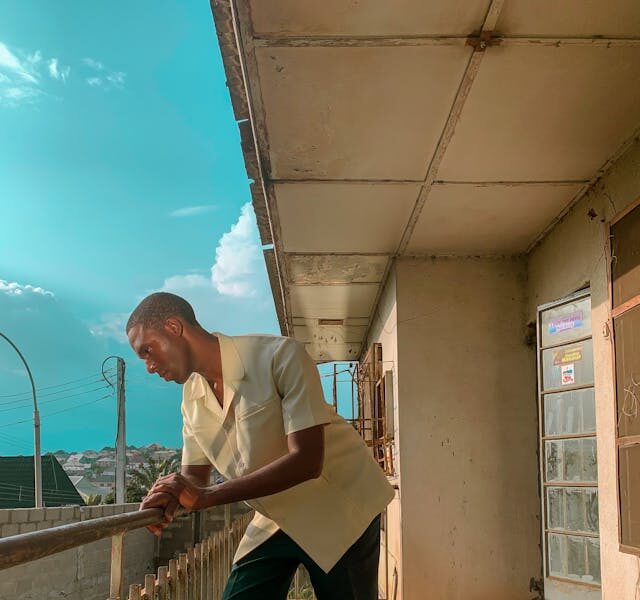
Housing has all the time been an enormous problem in Lagos. Because the nation’s financial stronghold, the town has lengthy confronted a important scarcity of inexpensive and handy lodging, particularly for its quickly rising inhabitants of younger professionals and entrepreneurs. Nevertheless, the rise of co-living or shared areas will reshape the city housing panorama.
Co-living is an idea that blends non-public residing areas with shared public areas and services. It’s gaining recognition in Lagos as an revolutionary answer to the town’s housing downside. These vibrant residing preparations not solely present much-needed lodging but additionally foster a vibrant group of like-minded people who find themselves shaping the way forward for the metropolis.
The driving pressure behind the expansion of shared residing
The surge in co-living in Lagos will be attributed to a mix of things that make conventional housing choices more and more much less accessible to younger metropolis dwellers. Hovering actual property costs and stagnant wages have pushed many potential renters out of the market, leaving them with restricted choices.
Moreover, the transient nature of Nigeria’s entrepreneurial class and the rising variety of younger professionals searching for alternatives within the nation’s enterprise capital creates a necessity for housing options that meet their distinctive wants. Co-living areas fill this hole, providing versatile lease phrases, communal facilities and built-in social networks, all at a fraction of the price of conventional flats.
“Lagos’ housing disaster is nicely documented, with power shortages and unaffordability,” defined Amara Nwankpaan actual property marketing consultant. “Co-living affords a compelling choice that meets the wants of our goal demographic – younger, cell, formidable people who thrive in collaborative environments.”
Redefining the city residing expertise
The co-living mannequin in Lagos is about extra than simply offering individuals with a roof over their heads. It’s redefining the city residing expertise. These shared areas are designed to foster a way of group, emphasizing public facilities and shared experiences. Central to the co-living idea are amenity-rich widespread areas, which regularly embrace shared workspaces, lounges, gyms, and even leisure services. These shared areas not solely promote probability encounters and spontaneous interactions, but additionally encourage residents to step out of their non-public houses and work together with one another.
“It’s about creating an surroundings that brings individuals collectively,” Nwankpa mentioned. “Shared areas are particularly designed to advertise socializing, collaboration and even informal socializing. We wish our residents to really feel like they’re a part of a vibrant group. And never simply the tenants within the constructing.
This community-focused strategy goes past bodily house, with co-living suppliers curating a various calendar of occasions. From skilled growth workshops to cultural immersion experiences, these packages are designed to foster a way of belonging and shared identification amongst residents.
The rise of co-living in Lagos is especially suited to the wants of the town’s rising inhabitants of younger professionals and entrepreneurs. Many of those people are drawn to the profession development and enterprise alternatives in Lagos, however they typically discover themselves confronted with the problem of navigating a brand new metropolis, constructing skilled networks and discovering appropriate lodging.
Co-living areas provide tailored options to those challenges, offering not solely housing but additionally a supportive ecosystem that promotes private {and professional} development. Shared services resembling coworking areas and occasion venues immediately tackle the wants of this inhabitants, permitting them to collaborate, ideate and construct their companies.
“As an entrepreneur, I used to be drawn to the co-living mannequin as a result of it supplied me with the flexibleness and group I wanted to thrive,” says Temi Adebayois a founder in Lagos who has been residing in a co-living house for the previous two years. “With the ability to dwell and work in the identical house whereas nonetheless being uncovered to a community of like-minded individuals has been invaluable in rising my enterprise.”
The impression of co-living on the city panorama of Lagos
The rise of co-living in Lagos isn’t just a passing development, however a transformative pressure that’s reshaping the town’s city panorama. These shared residing areas not solely resolve the housing disaster but additionally contribute to the metropolitan’s wider social and financial growth.
By attracting and retaining an growing variety of younger professionals and entrepreneurs, co-living areas are driving the town’s innovation ecosystem and fostering the expansion of recent companies. This inflow of expertise and entrepreneurial vitality has not solely boosted Lagos’ financial output, it has additionally pushed the creation of recent jobs and diversified the town’s industrial base.
As well as, the shared residing mannequin additionally has a optimistic impression on the city surroundings. These areas typically incorporate sustainable design parts and promote eco-friendly residing practices. The emphasis on shared services and communal areas also can assist scale back the general carbon footprint of the residential sector, making co-living a extra sustainable housing choice.
“Co-living isn’t just about offering housing; it is about constructing the town of the long run,” Nwankpa mentioned. “By creating vibrant, related communities, we not solely resolve urgent social and financial challenges, but additionally form the best way individuals dwell, work and work together in city environments.”
***
Function picture by Michael Ashley for Pexels

